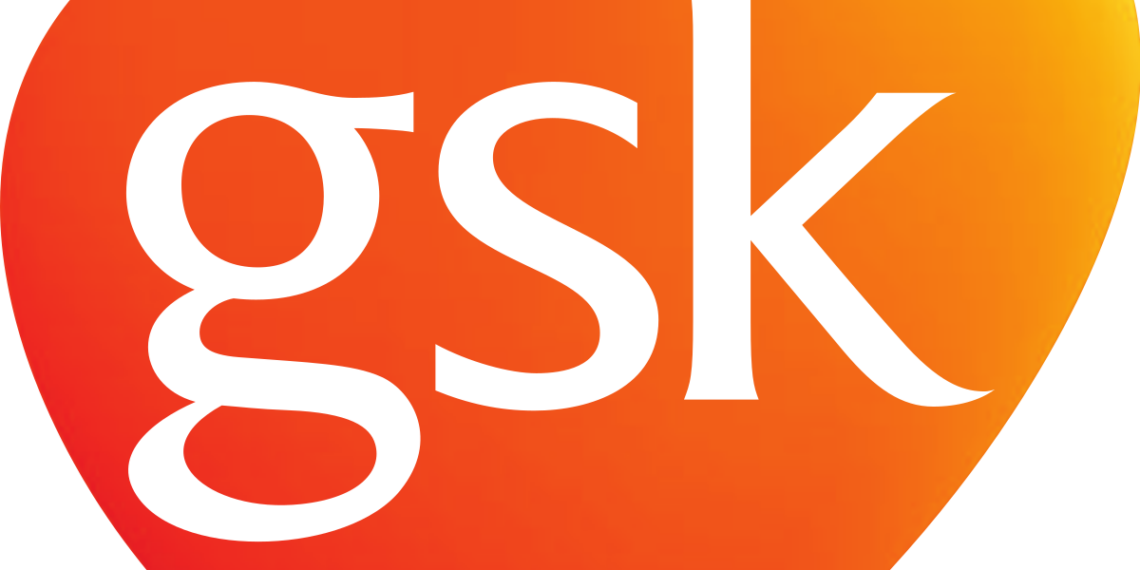
GlaxoSmithKline Plc (GSK), a British multinational drugmaker and biotechnology company, announced on Thursday its decision to wind down its Nigerian subsidiary as part of a strategic plan to explore more favorable business opportunities.
In Nigeria, GSK will no longer be involved in the commercialization of its prescription drugs and vaccines. Instead, its operations will focus solely on distributing its pharmaceutical products through a third-party entity.
Furthermore, the Haleon Group, a separate entity, also plans to terminate its distribution agreement with GSK in the upcoming months. This move will result in the appointment of a new third-party distributor in Nigeria for the supply of GSK's consumer healthcare products. This decision marks the end of GSK's long-standing ties with Africa's largest economy, where it began its operations in 1972 through its precursor, Beecham Limited.
Over the years, this partnership has brought about a wide range of well-known products, including consumer brands like Ribena, Lucozade, Macleans, and Sensodyne, as well as popular medicines such as Panadol and Andrews Liver Salt, which have gained significant popularity among Nigerians.
GSK emphasized that it will treat its employees with fairness, respect, and care during this transition, ensuring compliance with all applicable legal and consultation requirements.
GSK stated that it is currently in discussions with advisors to determine the next steps, and these advisors will inform the shareholders about the plan's details. If the Securities and Exchange Commission approves the plan, GSK will proceed to execute a swift cash distribution and return of capital to its shareholders, with the exception of GSK UK.
On the same day, GSK Nigeria released its financial report for the first half of 2023, revealing a significant decline in revenue. The revenue dropped by almost half, from N14.8 billion a year ago to N7.8 billion.
In a similar move earlier in March, Unilever, another prominent British consumer product company, announced its decision to discontinue the production of certain products, including Lux, Sunlight, and Omo, which are related to homecare and skin-cleansing. Unilever justified this action by stating that these product categories were negatively impacting profit margins, and the exit from these segments aligns with the company's goal of improving competitiveness and profitability in Nigeria.
Copyright © ENTREPRENEURSHIP DEVELOPMENT INSTITUTE 2015. All rights reserved.
Powered by: C.B.N